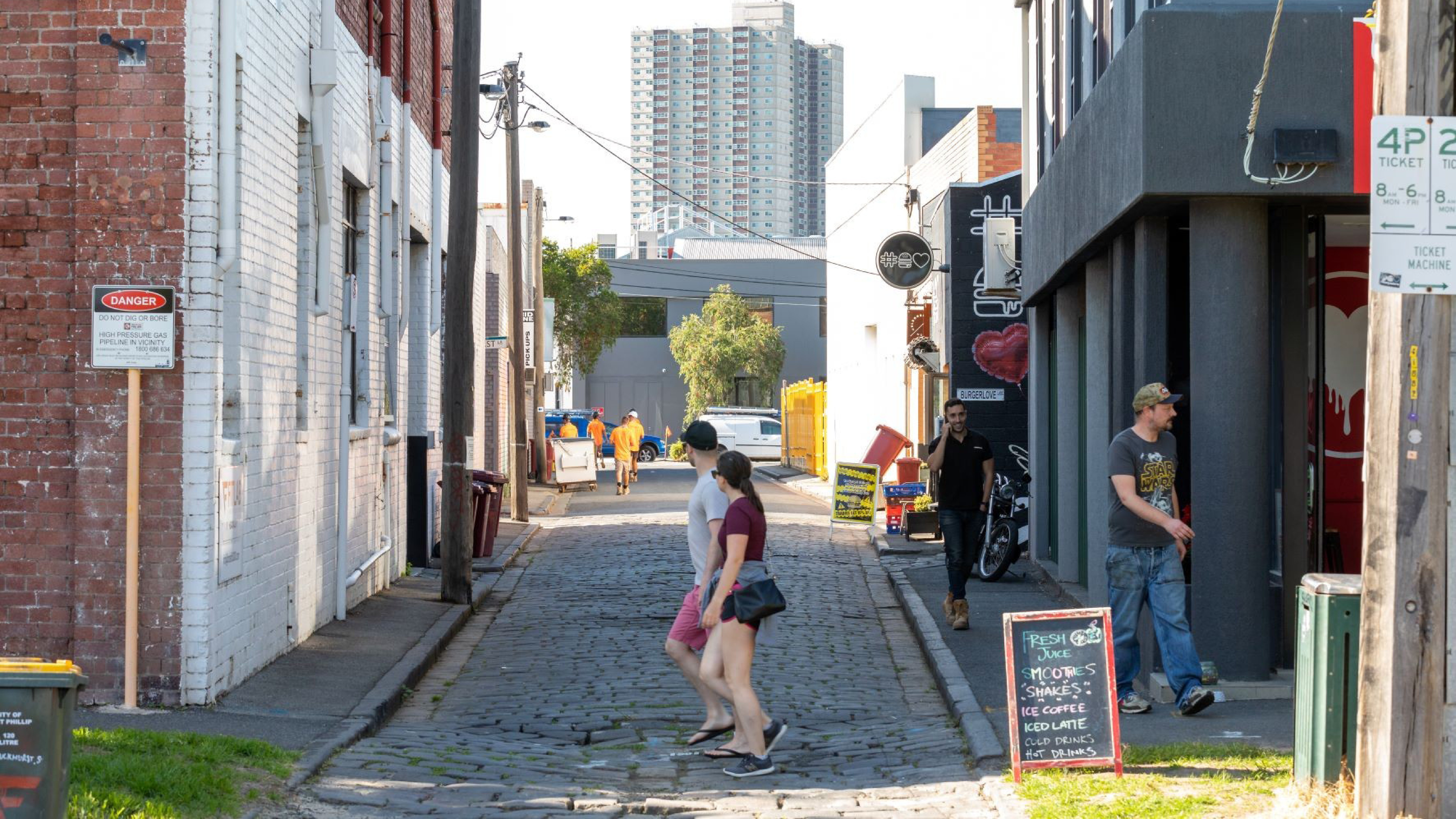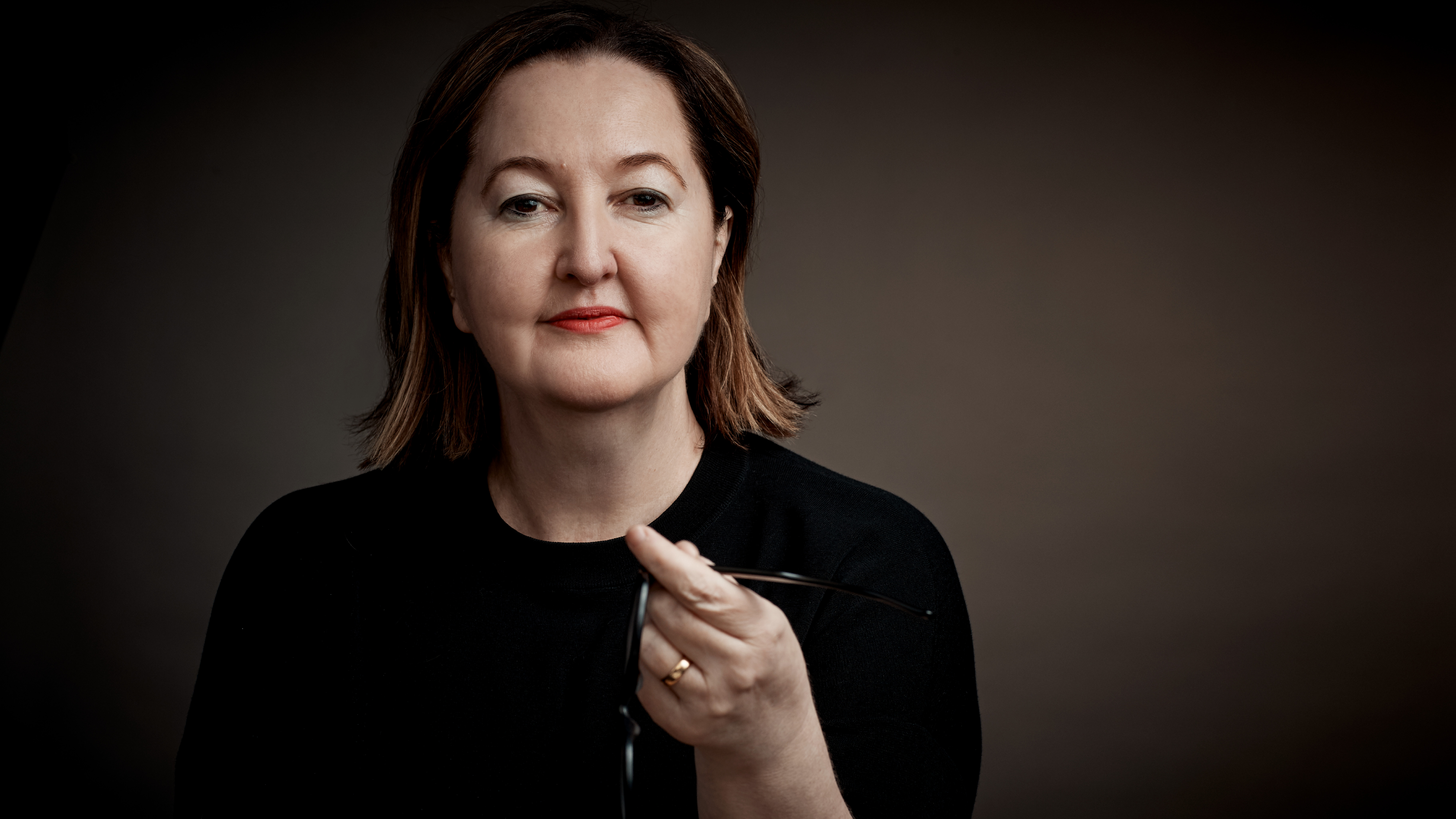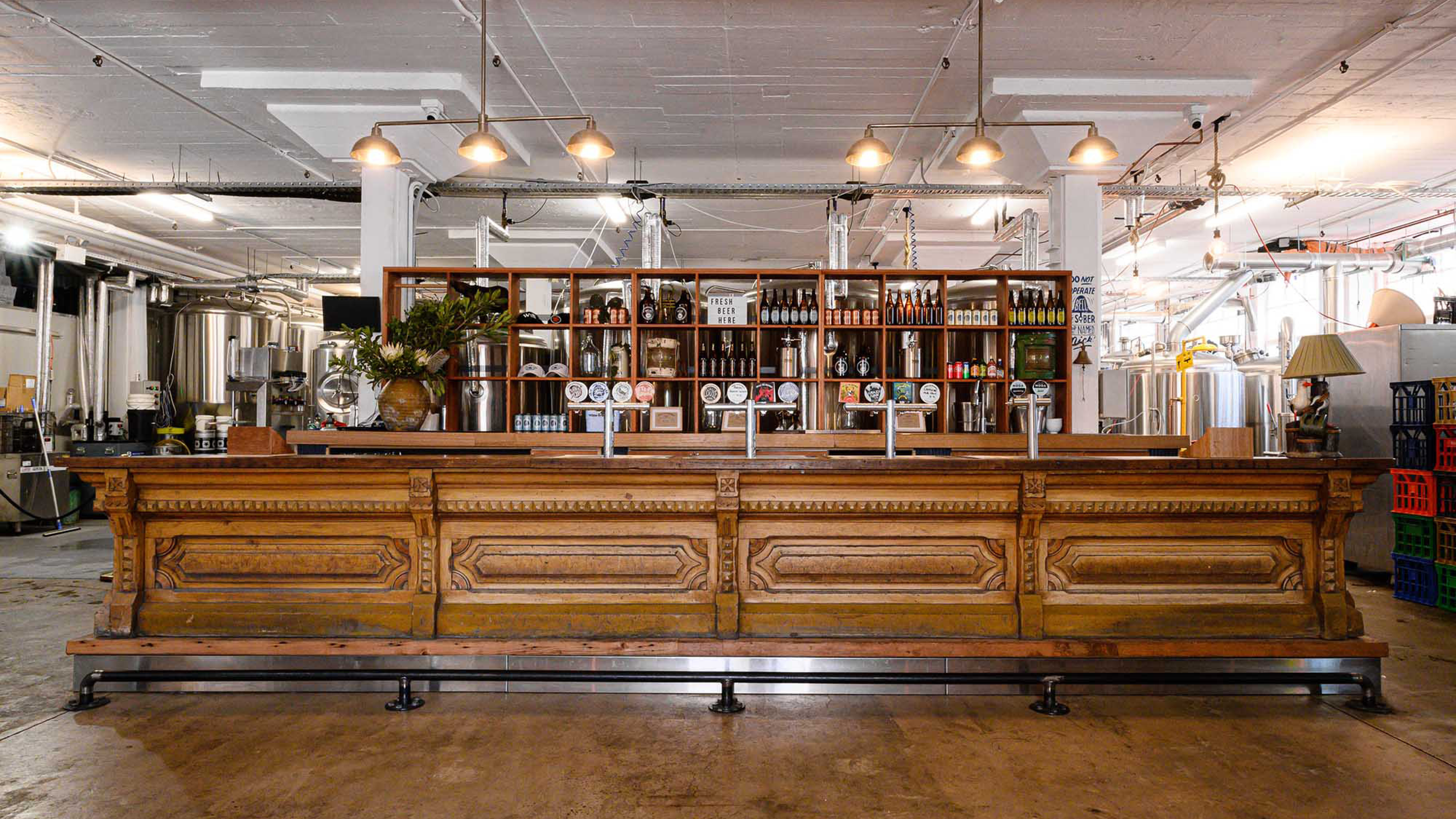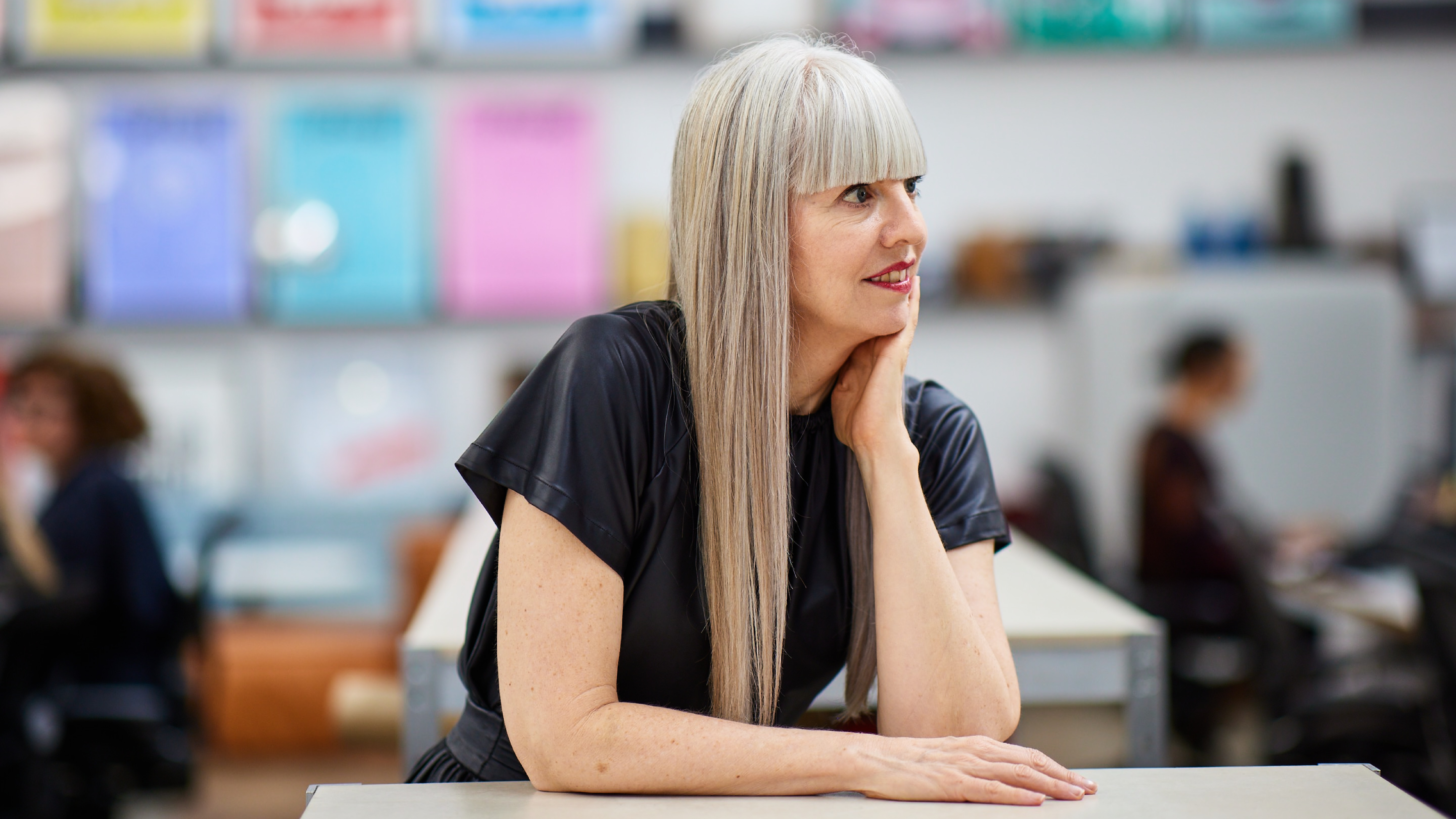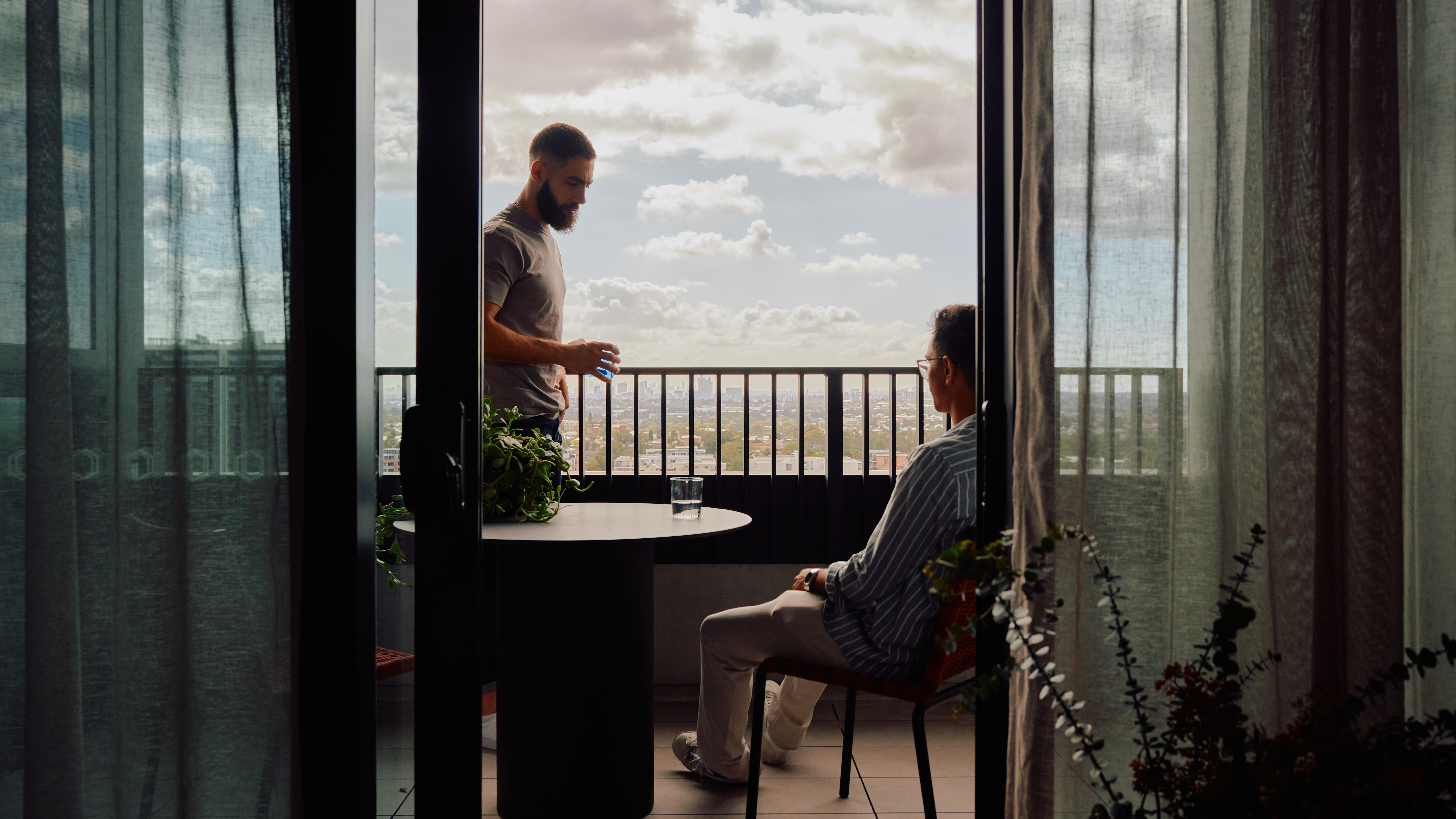MakingPlace is a series of interviews with the best minds and makers in Australian housing, development, and design. From craftspeople to politicians, we’ll be joined by the people and teams that are shaping tomorrow, today. We’ll also be taking a look behind the scenes at Nation, sharing the full story of how this project came to life. For this edition we're joined by the one and only MARCUS WESTBURY.
Having recently taken on the role of CEO at FB IDEAs, Marcus has had a remarkable career that continues to grow in strength and scale. It can be hard to pin-down exactly what his job title is, but in his own words he is an urbanist, consultant, media-maker, thinker, and, "serial starter of things". This is of course a humble way to describe his works as these "things" are in fact an illustrious catalogue of achievements that include festivals, publications, television shows, social innovations, and urban renewal projects that have helped inspire, build, and revitalise places in small towns and large cities across the country. Whatever shape his ideas take, they are always focused on people and culture, and powered with a rare DIY spirit. Here Marcus takes a look back on his journey, shares some the learnings that inform the work he is doing now, and considers where the industry might go from here.

Marcus Westbury, CEO FB IDEAS
What does the word place mean to you?
"Place" to me is about things that add up to more than just a physical location: people and communities, capital, culture, history, landscape, and built environment. Good places are complicated, in a good way. the best places are contested and negotiated between all of these different real world forces. Places aren't built or designed so much as discovered through trial and error and a messy set of real world interactions. To me places that are interesting, productive and appealing are about how we shape and guide those messy forces in such a way that the communities there are able to bring out the best version of themselves.
As someone who has made a career out of working with many different cities and places, what is it that you’re ultimately trying to achieve with your work?
I am not sure that I have an ultimate vision of what I'm trying to achieve. Each project has its own goals and priorities but there are themes that run through most of my projects. A lot of my thinking is about process as much as outcome — not so much about imaging a specific end goal as embracing the idea that we can make stronger places and communities by creating processes that bring out the best in people and that encourage people to try things and take creative risks. What drives most of my projects is a sense that cultures, places and communities are best made from the bottom up and not the top down — that you can't just draw something up on paper and make it happen but you can work with people in such a way as to encourage them to invest their passion and imagination in making their place better.
"Good places are complicated, in a good way. the best places are contested and negotiated between all of these different real world forces. Places aren't built or designed so much as discovered through trial and error and a messy set of real world interactions"
How do you measure the outcomes of success in your various projects?
Personally I boil it down to did I leave it better than I found it but I am not sure that's really measurable. There are lots of formal metrics: the modelling we did on Renew Newcastle and Renew Australia found that it had really significant economic impact, scores of jobs created, hundreds of businesses and community projects started, more than a hundred empty buildings reopened and significant reductions in blight, crime and vandalism all of which are great and quantifiable!
Less measurable but just as important is developing new models and ways of doing things -- most of my projects are about trying to find a new way of doing something and learning from that in ways that can be applied in my own work or that will hopefully inform and inspire others. Inevitably there is a degree of learning by doing, failing, iterating but success is coming out the other side with an approach that is capable of enduring, adapting and ideally being applied elsewhere.





This is Not Art / Newcastle
Renew Newcastle and Renew Australia are two of your most well known and loved projects, but what many people may not know is that they really evolved from the cultural fringes. Do you feel there is something missing in the absence of a grassroots approach in favour of a top-down approach as we so often see?
I can't speak for Newcastle these days — i'm a little out of touch — but I've always had a philosophy of accumulating the small things and not just building the big ones. One of the most simple questions you can ask of a place is: "how easy is it to start something small here?". If the barriers to entry are too high and the cost and complexity of starting things means that you need a lot of capital or connections to make something happen then something is fundamentally wrong. My experience has been that how places work on that level are a bit of a category error: it's often no one's job to think about how small things work or why they don't and it's much easier for a bureaucracy (whether that's public or private) to try to create things than to think about how something works for others beyond the simple metrics of investment attraction.
What are some of the learnings from the Renew projects and those that lead up to it, such as the festival This is Not Art, that have continued to inform your work to date?
I think the thread that connects This Is Not Art to my other work is that basic sense that there are a lot of smart and talented people out there who want to make interesting things happen and the easiest way to create any kind of momentum is to help them do it. As a festival, TINA originally came together in that way, by supporting people to create the things that they were passionate about. Later Renew, FB IDEAs, and other things I've been involved with use a version of that approach. Too often place leaders of various kinds get stuck on the idea that they should do everything — governments tend to consult the public around what government should be doing. I've always found that if you go out into the world and ask "What do you want to do and how could we help you do it?" all sorts of exciting things emerge that would never have been on your radar.
Following on from your work in Newcastle you moved to Melbourne. What was it that drew you there and has kept you there, especially given your strong love and connection to Newcastle?
Initially I moved to Melbourne for work — I've long joked that my projects in Newcastle cost me money while people in other places paid me! After years of running a festival on the smell of an oily rag in Newcastle I moved to Melbourne because people wanted to pay me to run one down here. That was a long time ago, these days I am still passionate about Newcastle but also very settled in Melbourne. My kids were born here, my wife grew up here, we own a house here so i'm pretty settled down here these days but since Renew Newcastle wound up I have really missed have a side project in Newcastle and excuse to be involved in something up there.


Collingwood Yards
"One of the most simple questions you can ask of a place is: "how easy is it to start something small here?". If the barriers to entry are too high and the cost and complexity of starting things means that you need a lot of capital or connections to make something happen then something is fundamentally wrong"
One of your major Melbourne based projects has Collingwood Yards. Could you talk us through the history of that project and what it was that you achieved and learned there?
Collingwood Yards was a project I ran for about 5 years that oversaw the redevelopment of the former Collingwood TAFE site into a new arts precinct. I came on board as the first employee in 2016 and was CEO through until it opened in 2020/21. It was an exciting project to be involved with and something that built a great sense of place and community. I could almost do a book about the lessons learnt along the way but if I were to take one lesson away from the whole thing it would be not to spend 5 years working on a place that opens during a lockdown if you can avoid it.
You've recently taken on the role of CEO at FB IDEAs, which is effectively a large scale creative incubator in Fisherman’s Bend, part of Australia’s largest urban renewal project. Obviously this type of work is your bread and butter, so what makes this project so special?
FB IDEAs is an independent non profit organisation that works closely with government, business and community to support innovation and experimentation in Fishermans Bend in inner Melbourne. FB IDEAs is exciting because it takes ideas that I have worked with over the last couple of decades and applies them at a whole other scale across Australia's largest urban renewal project. Over the next few decades Fishermans Bend is destined to be home to tens of thousands of new jobs and new residents and our role is to seed the culture, the community and the innovation ecosystem that will create the best version of that.
I got involved at Fishermans Bend when I left Collingwood Yards in 2021. It started with some strategy work for the Victorian Government, the City of Melbourne and the University of Melbourne looking at the whole precinct through a version of that question of how easy is it to do small things here? In a project on the scale of Fishermans Bend that involves billions of dollars worth of investment and infrastructure it's easy to lose sight of how it functions at the small scale. To their credit, all the key stakeholders recognised that you can't just create an innovation precinct, a culture and community out of thin air and you need to grow it as much as build it.
FB IDEAs — the IDEA bit stands for Innovation, Diversity, Experimentation and Activation — has been funded through an initial two year pilot as a vehicle to address that. We lower barriers to entry by using underutilised property to support start-ups, scale-ups and creative and community projects, we have funding available in support innovative projects, we are a front door where people can seek advice and support for starting projects and solving problems in the precinct and we also play a role in connecting and networking new and existing stakeholders. As with Renew, we are also a lean and nimble organisation designed to be able to make things happen quickly which can be incredibly difficult in a project and process on that scale.
At the moment we are about half way through the initial two year pilot. It's taken some time to spool up but there's a real sense of momentum developing around the work we are doing now. We are developing a really exciting set of sites and projects and actively looking for more if anyone out there is interested. I hope and expect we will have a lot to show early in the new year and, touch wood, we'll be in a strong position to evolve beyond the pilot phase.

Fisherman's Bend
You are also about launch a new side project that will document the process of making your recently purchased house smarter, more functional, and more sustainable. This is quite a shift from the big-picture, city-wide focus of your work to date to something much more domestic and personal. What inspired this idea?
We've just bought an old house and I'm on a journey to make it as smart, energy efficient and sustainable as possible without just throwing money at it. The house was built in the 1930s and was last renovated in the 1970s or early 80s. The previous owner was in her 90s and as far as we can tell the place has a lot of asbestos, has never had an internet connection, runs entirely on gas, and appears to have next to no insulation to the point where you can pretty much feel the temperature outside.
As I was trying to research it I realised there's a bit of a gap for quality information that is more than product promotion. My plan is to document the process of trying to make it smart, safe and sustainable and I'm hoping I can get some of the people I've met through my other work to indulge me while I try to learn more about how houses work and how to make them work better.
As much as we love a reno show the genre is almost entirely about quick flip home makeovers, or renovation porn about grandiose and expensive designs but not a lot about taking an incremental, practical, pragmatic and affordable approach to improving the quality of your home. For now I'm filming as I go and if it goes to plan I hope to be sharing some of the process via YouTube and/or writing about across various platforms in the new year. The tentative title is: Green Old Smart Home (GOSH).
What is your current read of the broader Australian cultural landscape, particularly as it relates to urban growth and development. Are these industries walking hand in hand? And what does the future look like?
How long have you got? We have some deep structural problems in Australia — for too long we've treated property as an investment product rather than a fundamental necessity to a decent life and livelihood. On the upside I do see that starting to change partly through the attention of policy makers and partly because the politics around it is changing. The ground is moving and I think the current state of housing affordability and availability is becoming practically and politically untenable. Things must and will change but the question is whether we will sieze the opportunities that come with that. I would say I am more hopeful than I have been but I wouldn't quite say I'm confident.
